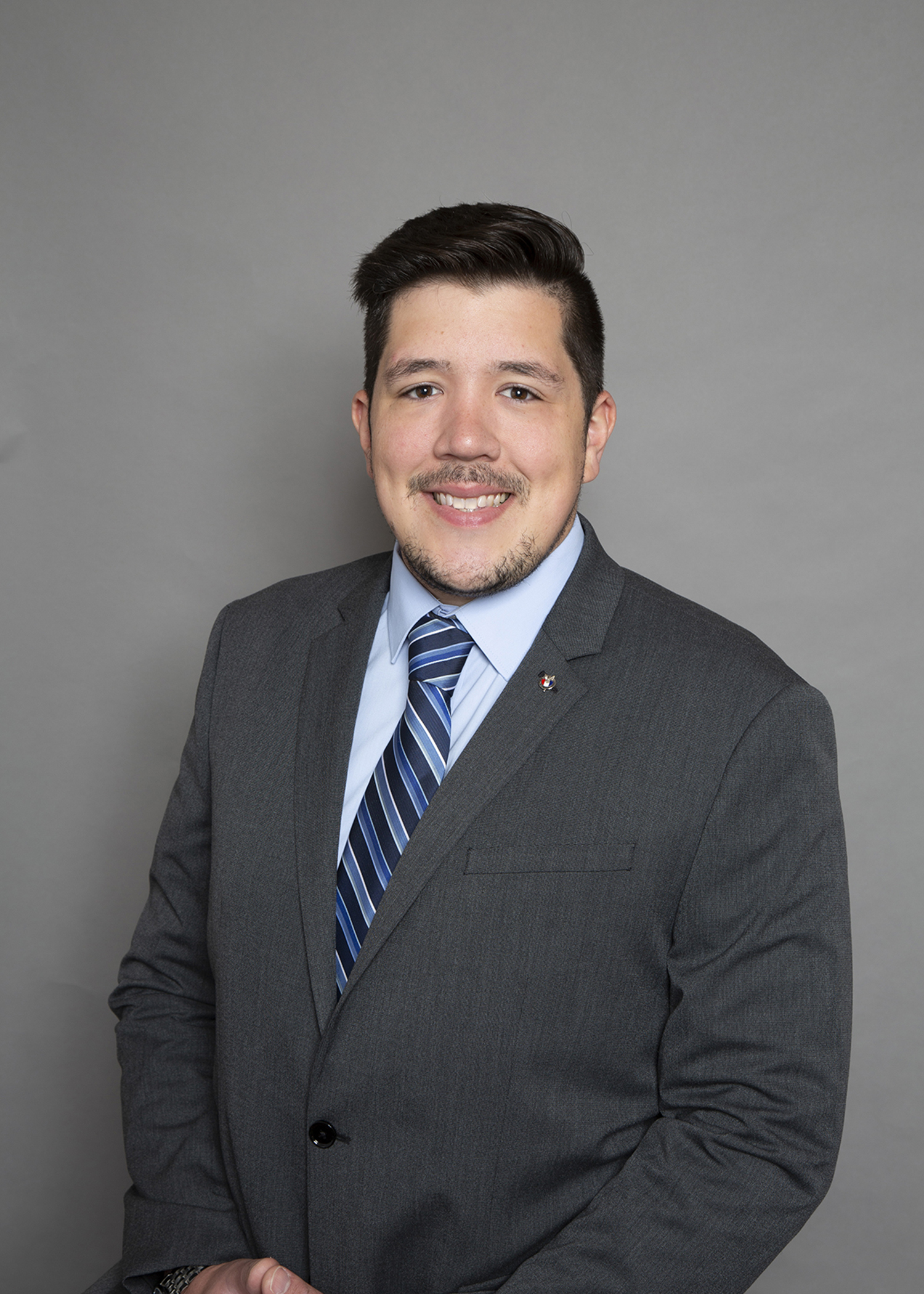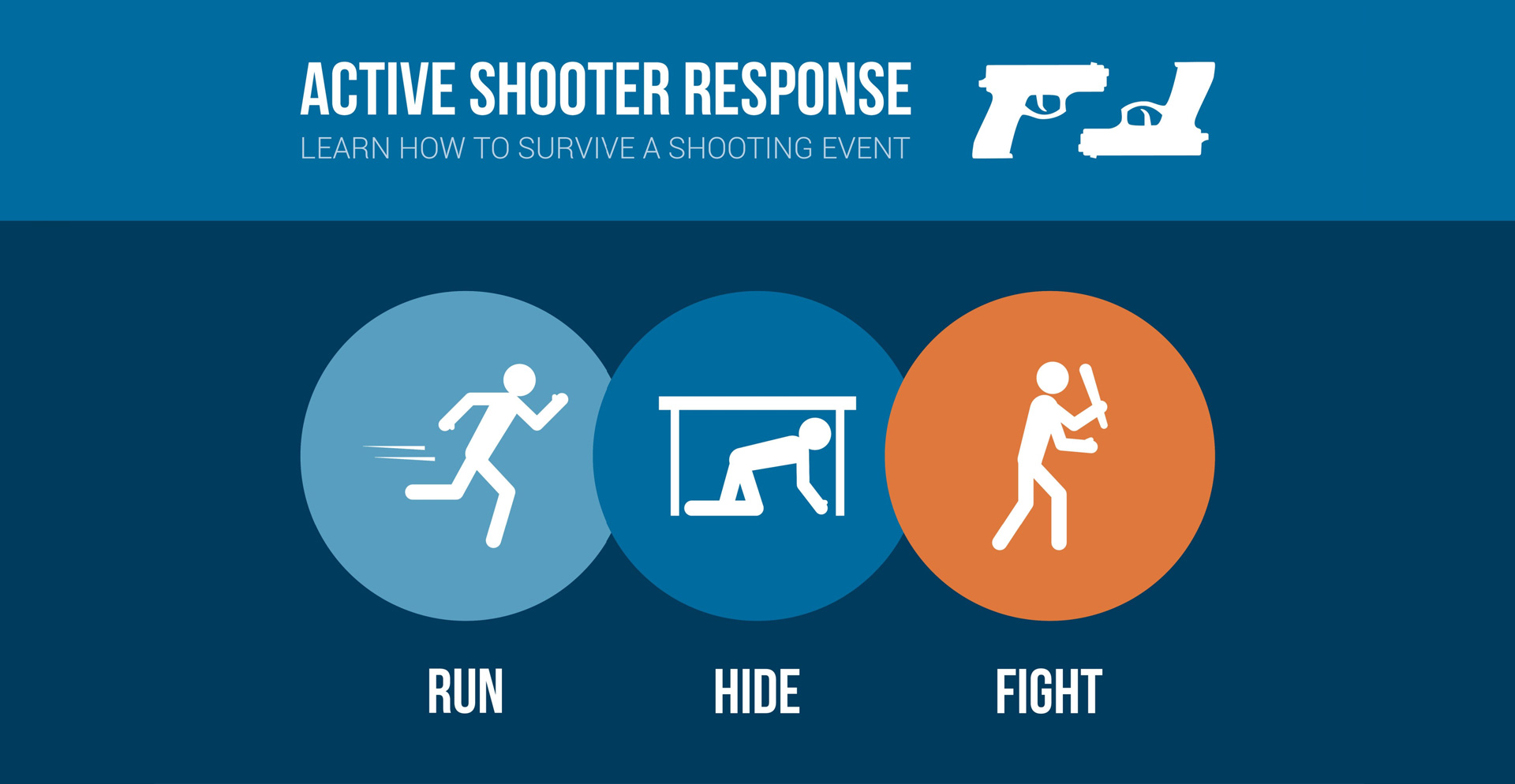August 23 | 12:00 pm – 1:00 pm EST
Every door is locked, you have panic buttons, time lock safes, employee key cards, surveillance and perhaps even on-site security. But that didn’t matter. Now, after the all-clear is given, you have police asking you questions, and a reporter approaches you with a camera and a microphone asking for a comment. Understandably, your adrenal gland is still in overdrive and you dig deep for something to say, but what do you say? More importantly, what do you NOT say? In today’s connected world, a comment given out of context or a leaked surveillance video clip will present significant problems. Before you know it, your organization is all over the evening news that will make any litigation that follows more complicated and politicized.
There’s been a great amount of information on how to protect your facilities from an active assailant, but just like a ransomware or phishing attack, all it takes is for something like a stolen key card to circumvent. It’s important to understand how critical the next steps are in the aftermath of an event so you can avoid missteps that could result in making a difficult situation infinitely more difficult.
Attendee Takeaways:
1. Don't just prepare for before, but prepare for after
2. Is there a designated spokesperson - internal or external?
3. Have resources planned that tend to your employees (e.g., EAP/Crisis Management)
4. This is a constant conversation, it's a fluid risk and has to be managed
Presenter

Jason Guerrera, CSRM, Insurance & Risk Management; Public Entity & Social Service, USI Insurance Service
Jason is entering his 10th year in the insurance industry, having started soon after graduating from Messiah College in Mechanicsburg, Pennsylvania, with a degree in pre-law. He’s been a part of USI Connecticut’s public sector practice for most of his career and has dedicated himself to the study of risk management. He obtained his Certified School Risk Manager designation and is planning to attend Columbia University’s master’s program for Enterprise Risk Management (ERM) this coming Fall. Throughout his career, Jason has developed a client base that includes public transit agencies, housing authorities, regional school districts, towns and more.








